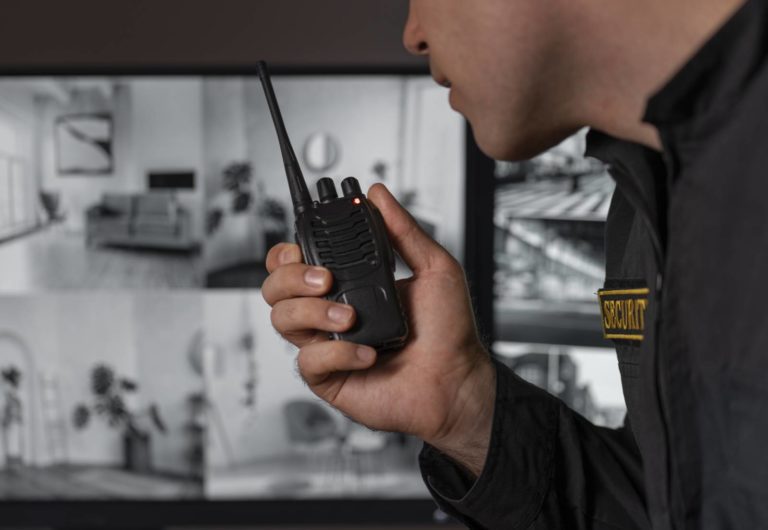
Security officer training is essential to maintaining effective security in various environments. Whether protecting a business building or overseeing a public event, well-trained guards provide a first line of defense. They impact the safety and peace of mind of everyone involved.
Understanding the role of security personnel is essential to train them. Security guards are vigilant protectors who ensure safety and order in all environments.
Security guards are not a one-size-fits-all solution. Their training differs depending on their duties and what they are expected to do.
The responsibilities of a security guard may vary depending on where they are employed:
Security officer training covers several key areas to prepare them for the challenges they will encounter.
Understanding the laws that govern their actions keeps security officers on the right side of the law. Ethical conduct training ensures that they respect privacy and maintain integrity.
A healthy and fit guard is an effective goalkeeper. Physical training includes regular exercises and learning defensive tactics that can prove crucial during a confrontation.
Guards need to act fast during emergencies. Learning first aid, CPR, and crisis management helps them handle sudden, possibly life-saving situations.
Using good techniques makes sure that training is useful and lasts.
The practical experience is invaluable. With guidance, trainees use their classroom knowledge in actual situations, boosting their confidence and understanding.
Simulation Exercises
Role-playing and simulated situations closely resemble real-world events. These activities help guards practice responding, making them better prepared for any scenario.
Security is not static. Regular updates on new threats and refresher courses ensure guards stay alert and informed. Continuing education adapts training to new challenges while keeping skills relevant.
Technology is revolutionizing security officer training, enhancing skills, and tracking advancements.
The software features interactive sections that test a goalkeeper’s knowledge and problem-solving ability. These features are very useful for both teaching and assessment.
Flexibility is a major benefit. Online programs let parents study at their own speed, revisiting challenging sections as much as they want, without being limited by fixed class times.
Security guard training includes understanding the law, physical preparation, and continuous improvement using technology. We produce guards who keep our communities safe by providing extensive guard training.
Monday - Thursdays :
8 Am -5 Pm
Every Fridays (8AM – 12N)
Every Saturdays (8AM – 3PM)